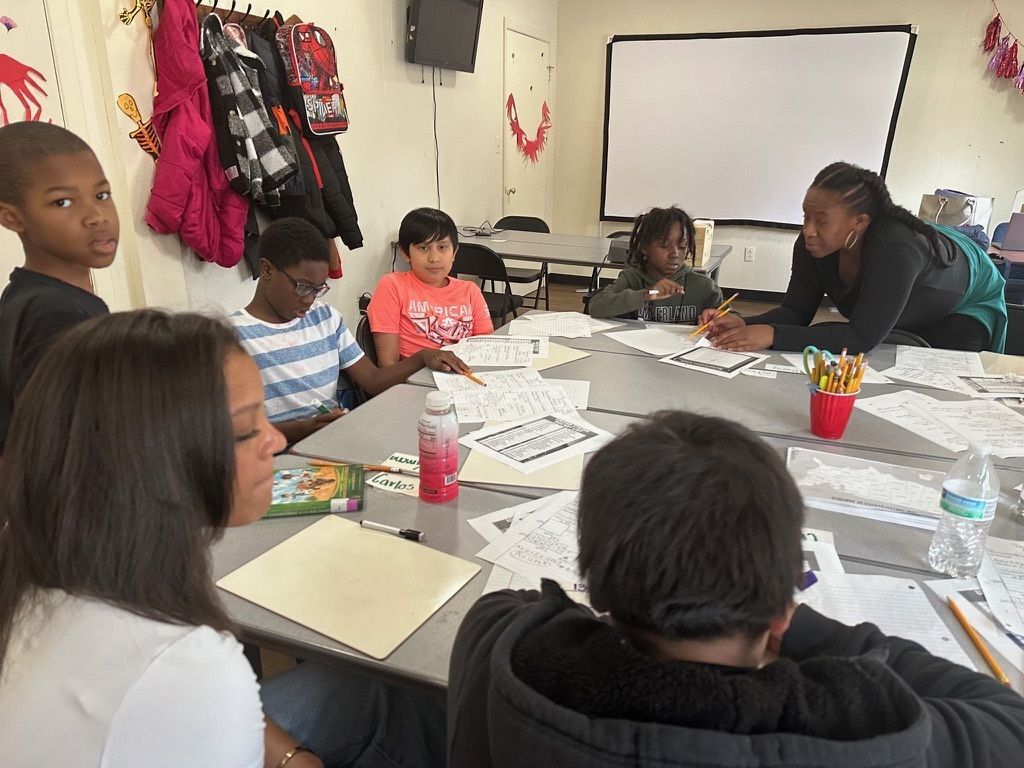
Social-emotional learning (SEL) is a transformative process that equips individuals with the essential skills needed to effectively understand and regulate their emotions, while also enabling them to set personal and interpersonal goals and make thoughtful and responsible decisions. These invaluable skills are pivotal in fostering success in various facets of life, be it academics, professional endeavors, or personal relationships. Furthermore, they empower individuals to navigate and overcome challenges, thrive academically and professionally, and contribute to the resilience and well-being of their communities.
The Committee for Children (CFC) is on a mission to teach children social and emotional skills worldwide. So far, they have helped millions of kids in 70 countries to stay safe, handle their feelings, solve problems, avoid risky behavior, and do well in school. Most importantly, CFC has given them hope for successful and satisfying lives.
The CFC uses the five interconnected groups of cognitive, emotional, and behavioral skills, introduced by the Collaborative for Academic, Social, and Emotional Learning (CASEL) framework. CASEL’s framework is proven to be transformative and supports CFC’s mission to ensure that all children have access to SEL. The five main SEL skills that CASEL developed over twenty years ago are self-awareness, self-management, social awareness, relationship skills, and responsible decision-making.
1. Self-awareness involves recognizing one’s emotions, thoughts, and values and how they affect your behavior. This includes knowing your strengths and limitations.
2. Self-management means handling one’s emotions and impulses, coping with stress, and setting personal goals.
3. Social awareness means having empathy and respect for others and seeing things from different perspectives.
4. Relationship skills mean creating and maintaining healthy, supportive connections with others.
5. Responsible decision-making involves making ethical, positive choices about behaving and interacting with others.
Teachers can employ various strategies to help students develop SEL skills. For instance, they can have students write about their thoughts and feelings in a journal or pair younger students with older students to foster connections.
Operation Xcel recognizes the value of SEL and its impact on their present and future lives. Operation Xcel incorporates SEL in its programming at all grade levels. Some sites use certified school counselors who work full-time at Guilford County schools. Ms. Fuller is one such counselor who leads our SEL at Jamestown Middle School. Ms. Fuller shared one of her strategies during a recent Rise 9 two-week summer program. The students in Ms. Fuller’s class step inside the classroom door and pick up a purple 3X5” Post-it note and a pen from just inside the door. The children write down what they want to let go of on the paper and place it in the bin that represents the day of the week it is before taking their seat in the classroom. This activity helps the student release negative emotions before Ms. Fuller begins teaching SEL strategies to her students.

